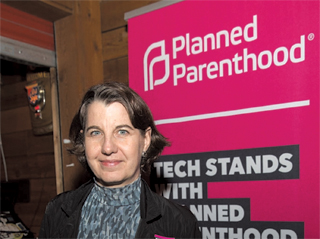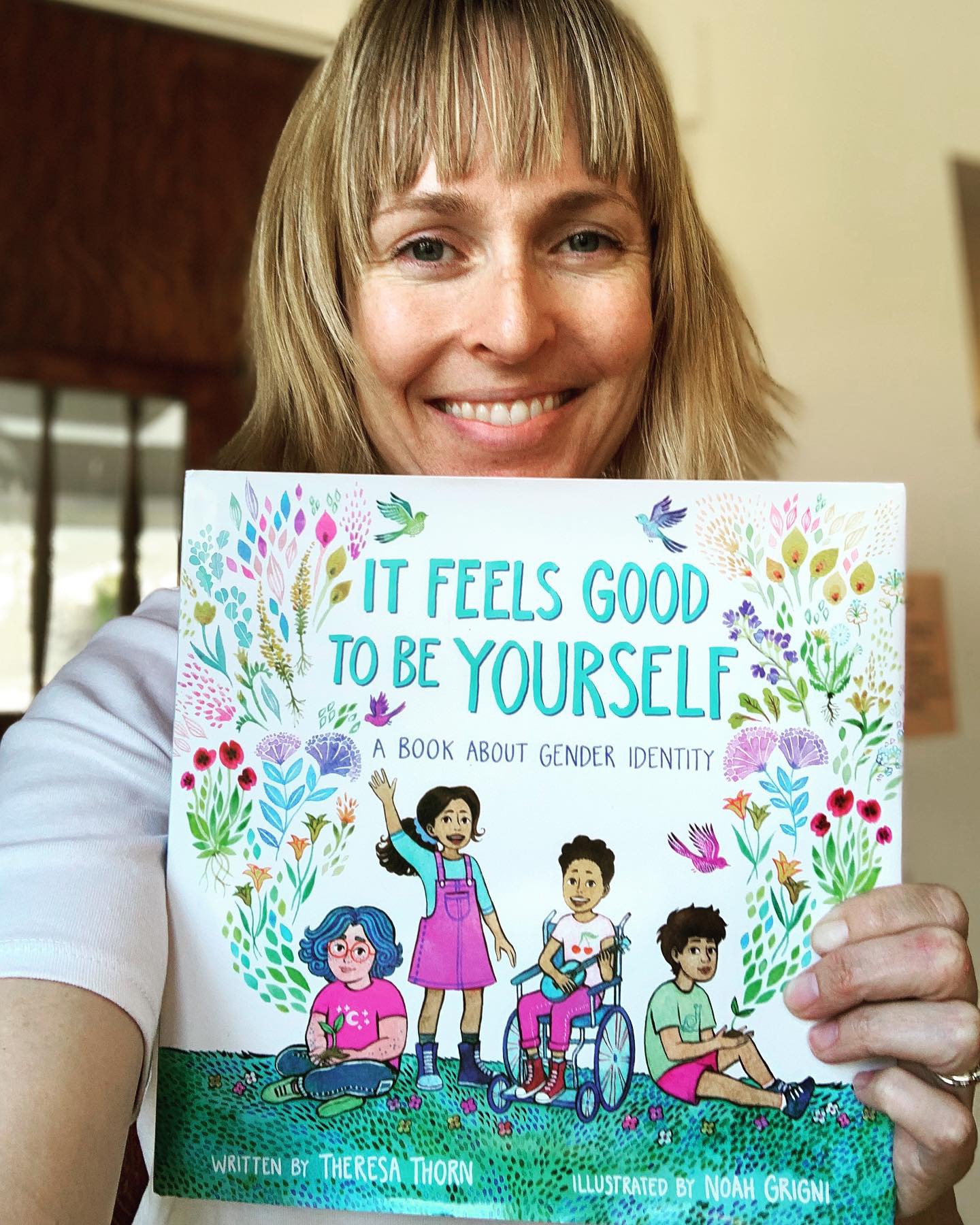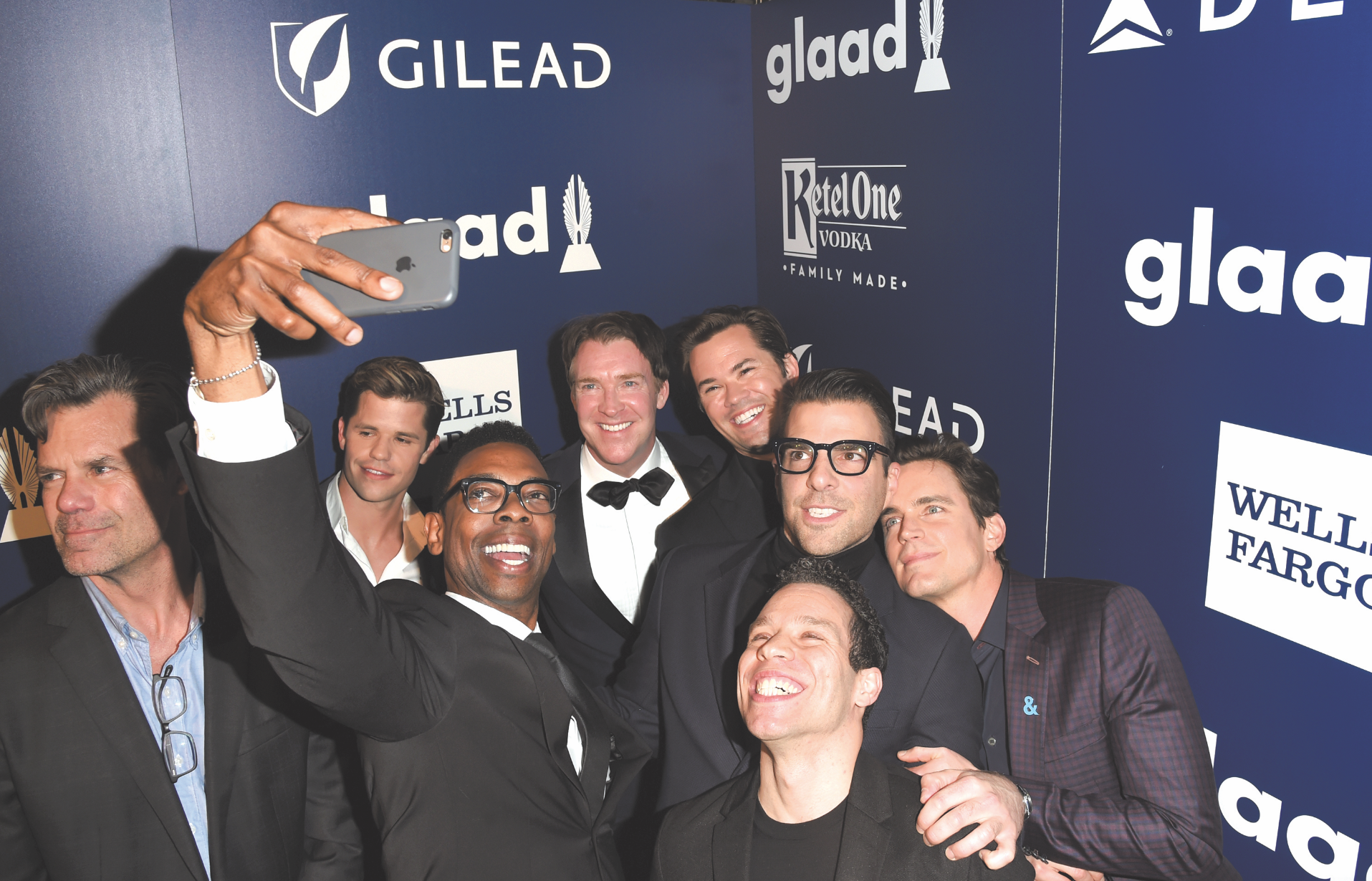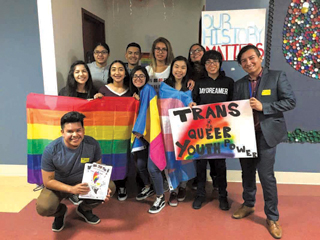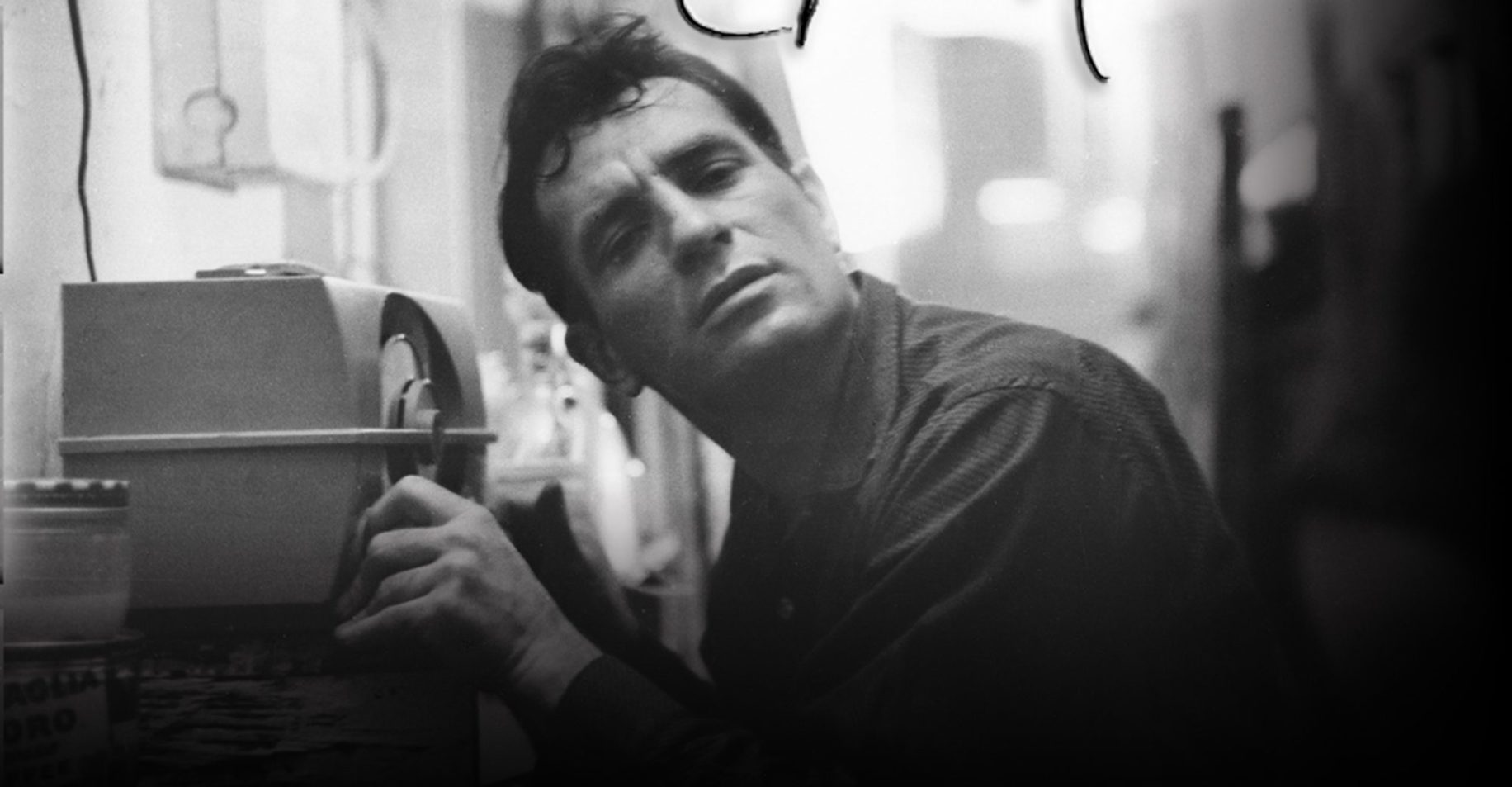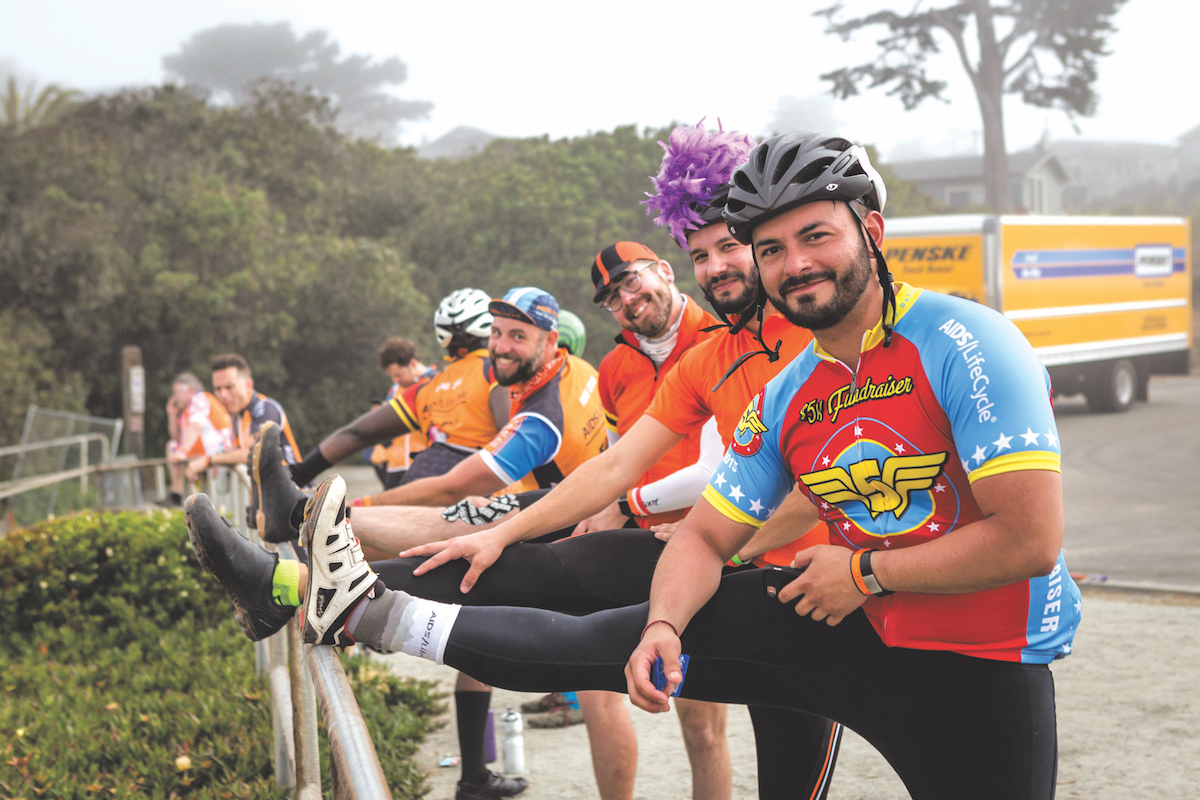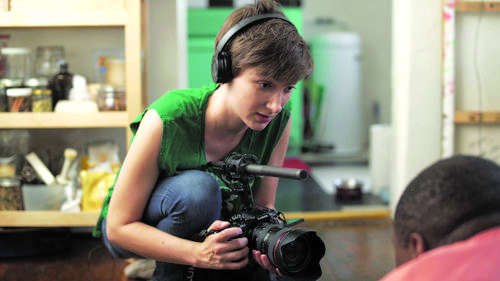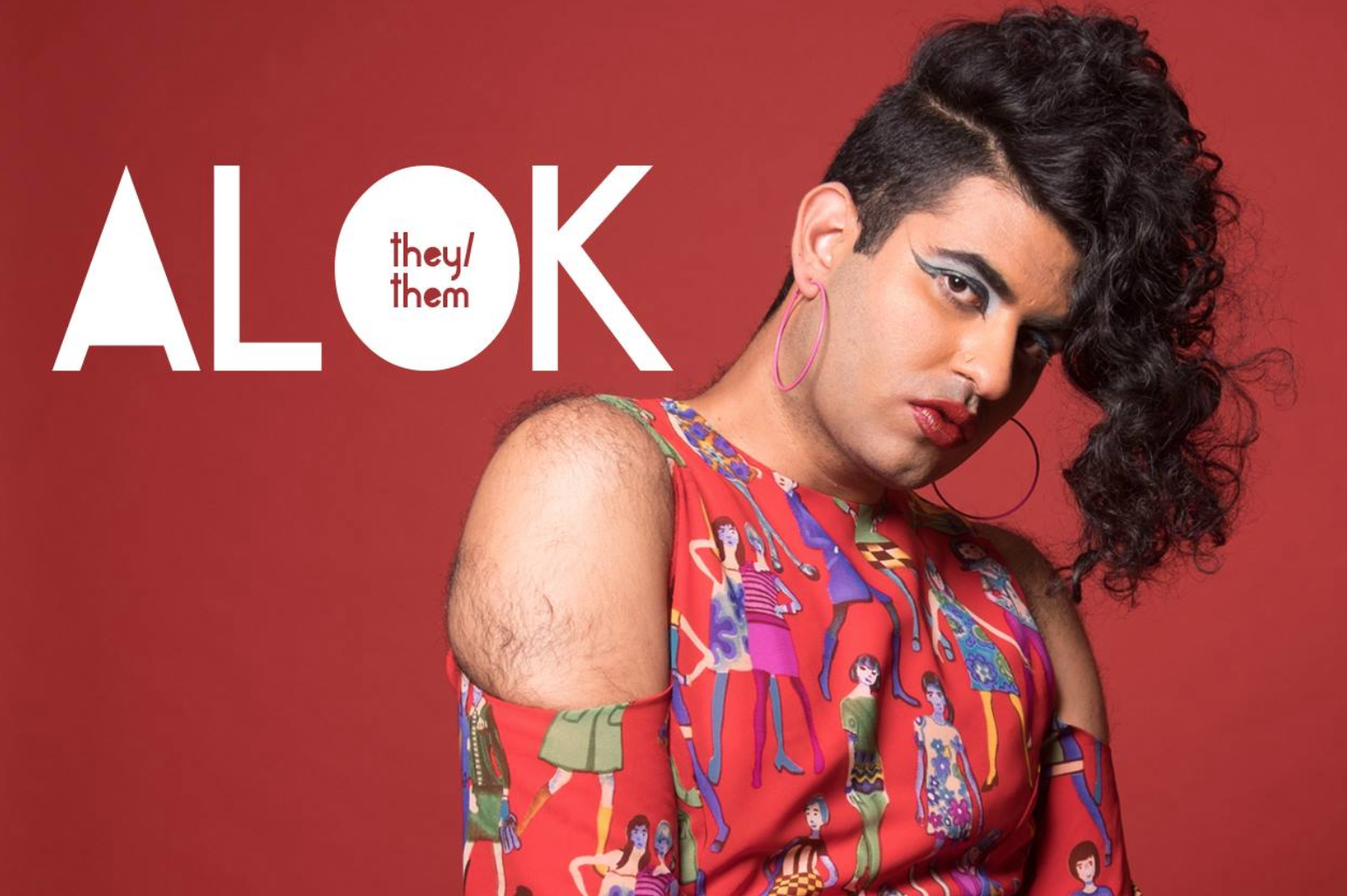The new face of Planned Parenthood is unafraid of the current climate of hyper-conservative populism. If anything, Dawn Laguens is optimistic about the chronically besieged organization’s future.
“Planned Parenthood is happy, though, to be taking on the fight, and to be standing up against some of these outrageous attacks that we see both at the federal and state level,” Languages said in an interview with The Advocate.
The longtime VEO and president of Planned Parenthood, Cecile Richards, stepping down in January, Laguens, the executive vice president and chief brand officer, has assumed the role of acting spokesperson.
Laguens, who identifies as a “member of the gay community,” according to The Advocate, is quick to emphasize the inclusivity of Planned Parenthood, especially in regards to the LGBT community and HIV/AIDS treatment. “A really exciting thing we’re doing is offering PrEP in 44 of our states, in terms of AIDS prevention work,” she said of the HIV prevention treatment. “We now offer hormone therapy for our trans patients in 20 states and counting. And, as we have always done, we offer nonjudgmental, welcoming care, knowledgeable care for LGBTQ young people, all throughout their life.”
As an organization founded for reproductive justice, Planned Parenthood has long retained elements of its female-oriented origins. The tax-exempt corporation has taken some flak over its pink marketing, with some on the left arguing it reinforces gender stereotypes.
Laguens points to evidence that contradicts accusations of exclusivity. A recent survey indicated that 20 percent of patients identified as LGBTQ. Planned Parenthood recently rolled out an updated gender-neutral website to reflect the diverse services it offers to male-bodied and female-bodied individuals, both trans and cisgendered.
“A lot of people don’t know how many folks we serve in the LGBTQ community, but also don’t understand that we offer a wide range of services for men,” Laguens said.
Despite public perception, 12 percent of Planned Parenthood’s patients are men who take advantage of STI testing and treatment, vasectomies, and “a full range of sexual and reproductive health care,” according to Laguens.
In the era of #MeToo and #TimesUp, Laguens sees Planned Parenthood at the forefront of the renewed dialogue about agency over one’s body. While #MeToo has been driven by revelations of predatory behavior on the part of individual men, Planned Parenthood has long fought the systemic violation of physical autonomy committed by governmental and judicial forces. To Laguens, there is a direct connection between the two.
“So many people are getting the connection that it’s not like #MeToo and #TimesUp over on this side of the equation, and then [on the other side] there’s whether the government will allow you to have birth control, or access to abortion, or access to honest, accurate information in sex education – it’s all connected, because again it’s all about how do you be equal, and how do you be free?”
Planned Parenthood has withstood over 100 years of attacks, but the day it ceases to draw political ire – the day when we accept complete autonomy for women and LGBTQ folks – is the day it outlives its founding charter. Until then, Laguens is confident in the organization’s strategy: Continue helping people.
“Planned Parenthood is making a difference every day in the lives of people you know, allowing them to have control of their body, to have a shot at their dreams, to be able to complete their education, and of course to participate economically. So Planned Parenthood is actually the solution, not the problem in this country.”

